
Tips for boiling eggs with lemon

Adding a few slices of lemon or a bit of lemon juice to the water when boiling eggs brings you three significant benefits:
Boiling eggs seems like a simple task, but not everyone can do it perfectly. Common problems like cracked shells, difficulty peeling, or unappealing appearance often frustrate many. However, a small trick using lemon can solve most of these issues, making your boiled eggs flawless.
Why Add Lemon When Boiling Eggs?
Lemon is not only a common kitchen fruit but also a helpful assistant in many cooking tips. When you add a few slices or some lemon juice to the water boiling your eggs, you get three notable benefits:
1. Easier Peeling
One of the common problems when boiling eggs, especially fresh ones, is that the shell sticks tightly to the egg white, making peeling difficult. This is due to the membrane between the shell and the white being strong and clingy.
Boiling eggs with lemon adds mild acidity that weakens this membrane. As a result, after the eggs are cooked and soaked in cold water, peeling becomes quick and easy without damaging the egg white.
2. Reduces Cracking During Boiling
Dropping cold eggs into hot water or boiling at high heat often causes the shells to crack. The acid in lemon gently softens the outer shell, reducing thermal shock and minimizing cracking risks.
3. Helps Clean the Eggs
Many eggs, such as free-range chicken eggs or duck eggs, often have dirty shells or light lime deposits. Adding lemon to the boiling water’s acidity helps gently clean these residues, making the eggshells look cleaner and brighter after boiling.
How to Boil Eggs with Lemon Properly
The process is simple. You only need:
-
Eggs (as needed)
-
1–2 teaspoons of lemon juice (or a few fresh lemon slices)
-
A pot of water enough to cover the eggs
Steps:
1. Place eggs in the pot and add water to cover them by about 2–3 cm.
2. Add 1 teaspoon of lemon juice or 2–3 slices of fresh lemon into the water.
3. Bring the water to a boil, then reduce heat to a simmer and cook for 8–10 minutes depending on whether you prefer soft or hard-boiled eggs.
4. Once cooked, remove the eggs and immediately place them into a bowl of cold water for 5–10 minutes to make peeling easier.
Additional Tips to Make Peeling Easier
Besides adding lemon, you can combine these tips for even better results:
-
Add a pinch of salt to the boiling water: This helps toughen the shells, reducing cracks and making peeling easier.
-
Soak eggs in cold water after boiling: This causes the membrane to contract and separate from the shell.
-
Roll eggs gently on a hard surface after cooling: This creates even cracks that make peeling easier without damaging the egg white.
Important Notes When Using the Lemon Boiling Trick
To maximize effectiveness, keep in mind:
-
Don’t use too much lemon: Just a little lemon juice or a few slices are enough. Using too much can make the water overly acidic and affect the flavor.
-
Choose fresh eggs: This method works best for fresh eggs, which are usually harder to peel than older ones.
-
Avoid boiling at excessively high heat: Lower the heat after boiling to prevent cracks or uneven cooking.
-
Leave the pot lid off while boiling: This helps steam escape and reduces pressure buildup that can crack eggs.
Will Adding Lemon Affect the Taste of the Eggs?
Many worry that lemon might make the eggs taste sour or affect their nutrition. In reality, lemon only affects the outer shell and the membrane between the shell and egg white. As long as the shell remains intact, lemon water does not penetrate the egg itself, so the flavor and nutrition remain unchanged.
Boiling eggs with lemon is a simple but highly effective kitchen hack. It not only makes peeling easier and keeps eggs intact but also improves the overall appearance of your dish. If you haven’t tried this method yet, add it to your next meal and experience the difference!
News in the same category

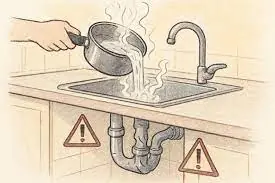
Stop pouring hot water down the sink — here’s why!
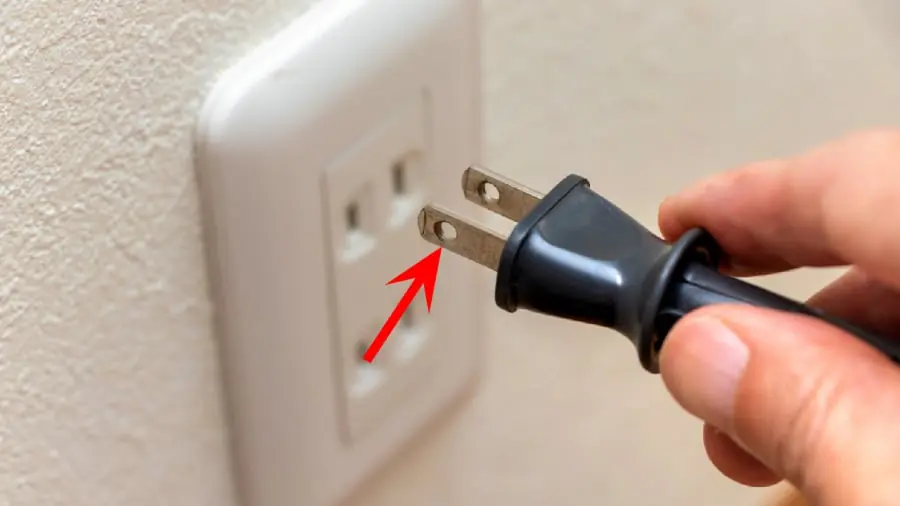
The Special Purpose of the Two Small Holes on Flat Plug Prongs That Many People Don’t Know

Here's how to choose delicious, sweet mangosteens – all 10 of them are perfect

A 111-year-old man eats these two foods every day—and they’re incredibly cheap at local markets

How to Quickly Eliminate Bed Bugs, Cockroaches, Fruit Flies, and Other Insects from Your Home

Mosquitoes are terrified of this leaf: Place a handful in your home and not a single one will dare to buzz around

Why do people put garlic at the head of the bed before going to sleep? The reason may surprise you.

Snakes are af.raid of these 5 plants - Plant them around your house to repel snakes and protect your family
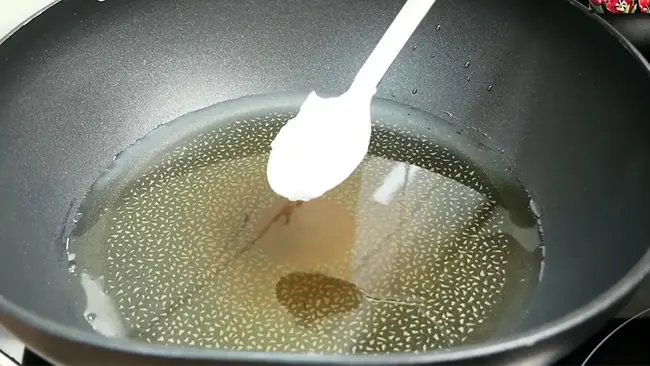
90% of women don’t know this trick: Add this one thing to the pan and you can fry “everything” without worrying about oil splattering!

When Buying Bananas, Just Say These 3 Words — Sellers Will Think You’re an Expert and Won’t Dare to Cheat You

Stop Storing Ginger in the Fridge! Here’s How to Keep It Fresh for Up to 6 Months

Thought It Was Just Kitchen Waste, Lemon Peels Turn Out to Be a “Hidden Treasure” With 5 Little-Known Uses

Stop washing clothes the old way! Don’t just add detergent—try this quick hack and your clothes will come out like new.

Expert reveals 'military sleep method' that helps you fall asleep in just two minutes

Don’t Fry Fish with Just Oil: Add These 3 Ingredients for Golden, Crispy Fish with No Oil Splatter

Warning for Anyone Using an Air Fryer: There’s One Essential Part You Must Clean—but It’s Often Overlooked
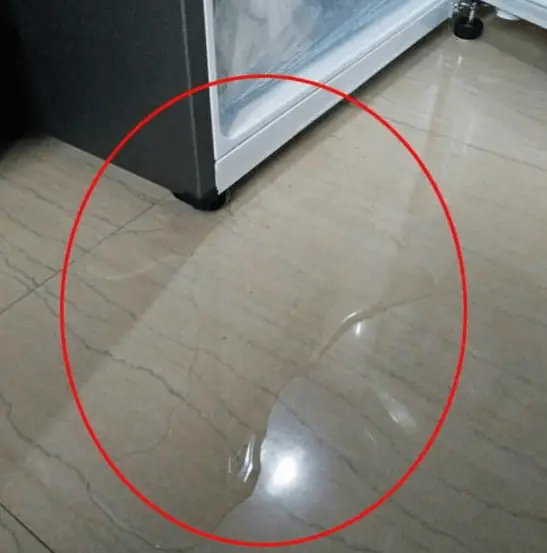
Fridge leaking water: Don't rush to call a technician, just do this to keep your fridge running smoothly without spending money

7 Power-Hungry Home Appliances: Unplugging Them Can Save Electricity—but Also Shorten Their Lifespan
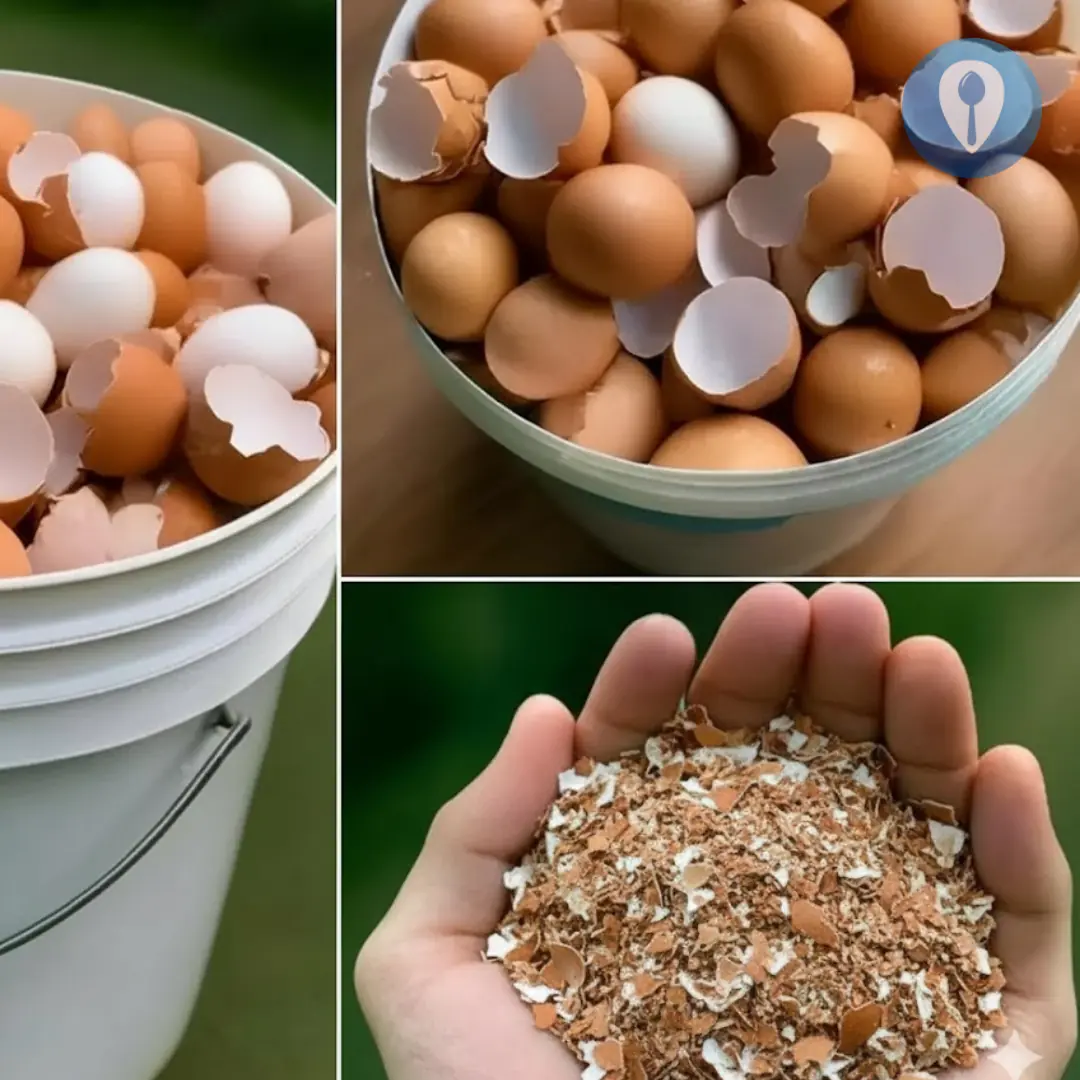
Boil eggshells and say goodbye to the …
News Post

Singapore Chili Crab

Spicy Korean Seafood Glass Noodle Stew

Warning: Snake Plants May Be Taboo for Some Ages Planting One Could Hurt Your Finances

Warning: Certain Habits in Husbands May Increase Wives’ Can.cer Risk

If AI Keeps Growing This Fast, Which Job Will Vanish First?

A Couple Was Diagnosed With Liver Can.cer at the Same Time — Doctors Checked Their Fridge and Urgently Warned: “Throw This Out Immediately!”

5 Dangerous Conditions Your Nails Could Be Signaling

Doctors Alert: Why Some Popular Foods May Carry Parasite Risks

Strawberry Pineapple Swirled Slushies

WARNING: These 3 signs on the shoulder are signs of malig:nant tu:mors, even ca:ncer, do not ignore them

Your liver will be healthier when you combine the following foods

6 foods that silently drain calcium from your body

People whose mouths feel dry at night need to know these 8 possible reasons

Não ignore estes 7 sintomas matinais - eles podem estar ligados ao câncer

Cube Steak with Onion Gravy

Eat 4 foods on an empty stomach in the morning to help clean the intestines, improve digestion and prevent can.cer

What does having cold hands and feet indicate?

An unusual lump or bump appears on the wrist: Don't ignore it, as it could be a warning sign of a serious illness

A healthy 22-year-old man suddenly discovered da.nger.ous tu.bercu.losis from a sign that many people ignore
